An update on the project: “Films as a tool of couple counselling”
A new year’s greeting from our team! It’s been a few months since our team has had this project idea in mind, and it’s finally time to bring it alive. After a few twists and turns, we are currently recruiting participants for the first phase of the project. This might be a good time to have a recap on what we have been doing so far!
Meeting with academics from relevant fields of study for advice
This is a tricky starting point for an interdisciplinary research project since there wasn’t a “sample” available for us to learn from. In order to deliver an all-rounded and reliable research project, we sought advice from professors in art and social sciences faculties. Following their advice, we consolidated our research scope, film choices and interviewing knowledge.
Consolidate the research design
This is a part in which our members had different ideas. We wanted to focus on communication, how film viewing allows participants to speak more openly and effectively with their partners, that’s why we decided on having an interview and discussion session after the film viewing. Initially, there were suggestions of group interviews. But we didn’t move forward with that plan since we realised that it might be harder to open up to complete strangers. Moreover, after reviewing some current literature, we’ve decided to carry out pre- and post- interviews for better comparison.
Design the interview guide
Following our research design, we have 2 sets of interview guides for pre-film interviews and post-film interviews. They are both semi-structured interviews with open-ended questions to assess the communication style and conflict management style of the participants.
Phase One participant recruitment
The scope of our project was originally targeting intercultural couples, but the participant recruitment process didn’t go as well as planned. We received 2 responses showing interest to help in the project, unfortunately, both pairs of participants are not located in Hong Kong at the moment. There we faced a crossroad of whether to continue the research interviews online or change the scope of our research. In the end, we’ve decided not to limit our research scope to intercultural couples since we favour face-to-face interviews at the next stage. We believe that non-verbal communication is an important element, and it wouldn’t be as accurate if the participants were separated in two different zoom windows.

